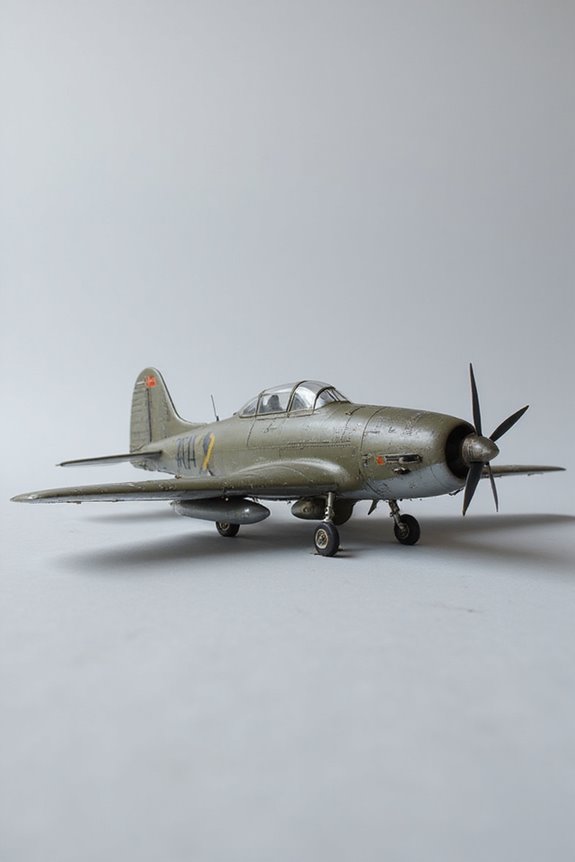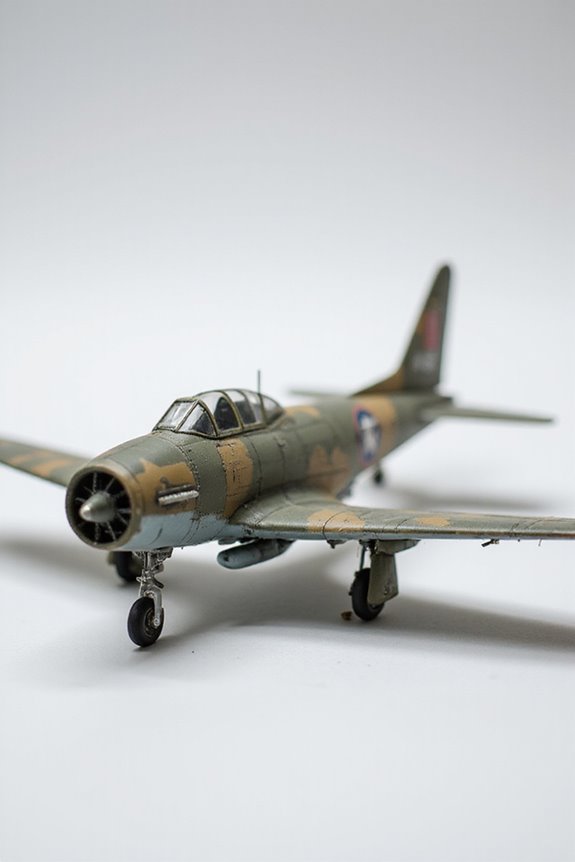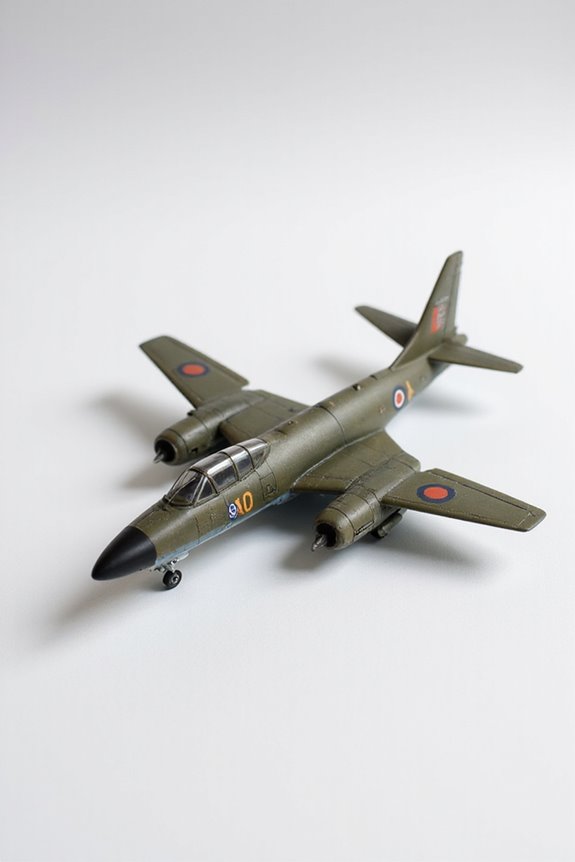To participate in international competitions, we need to check our eligibility first. This includes verifying citizenship and gathering required documents. Next, we’ll fill out application forms and make sure to meet deadlines. Researching the competition is vital! We should know our strengths and adapt to cultural differences. Don’t forget to organize travel early for smooth logistics. Above all, let’s be good sports and represent our country proudly. Stick around, and we’ll uncover more essential tips!
Key Takeaways
- Verify your citizenship and understand dual citizenship eligibility to represent your country internationally.
- Complete the official registration form and adhere to all application timelines to avoid disqualification.
- Prepare necessary documents, including proof of achievements and performance scores, for your application submission.
- Conduct thorough research and skill assessments to enhance your competition performance and understand market preferences.
- Plan logistics early, including travel arrangements and customs regulations, to ensure a smooth competition experience.
Understanding Requirements and Eligibility
Have you ever wondered what it takes to represent your country in international competitions? Well, it starts with something essential: citizenship verification. We must prove we’re citizens of the country we want to represent. For those of us with dual citizenship, we’ll need to meet specific eligibility documentation criteria set by governing bodies like IIHF or World Athletics.
Changing national representation isn’t as simple as switching jerseys; it usually involves a mandatory three-year waiting period. During this time, we must refrain from competing for our previous country. And don’t forget—proof of a credible link to our new nation is significant. So, let’s gather those documents together and make sure we’re fully prepared for the adventure ahead!
Application Process
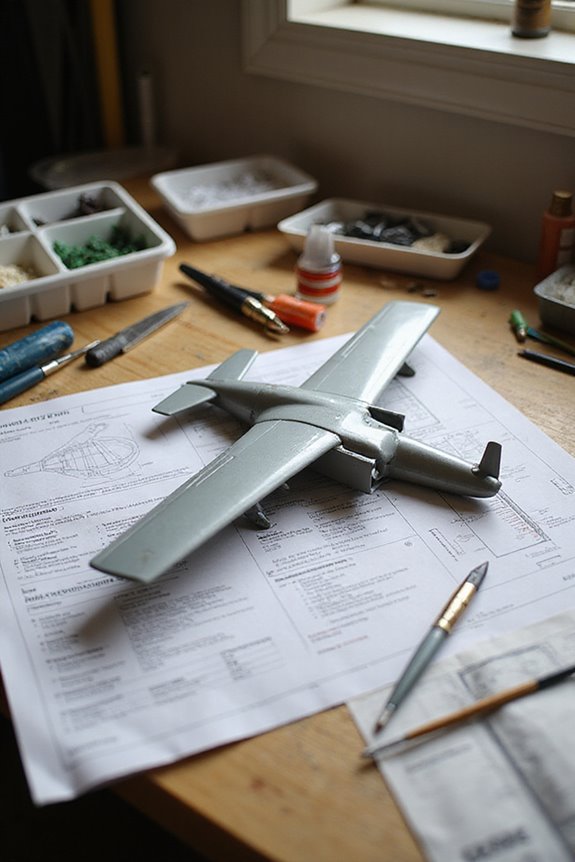
Once we’ve sorted out the eligibility requirements and set our sights on representing our nation, it’s time to tackle the application process. First, we’ll start by filling out an official inquiry or registration form. This usually collects our basic info and might even ask for an audition video. So, yes, it’s time to channel our inner star!
Next, we need to stick to those application timelines. After submitting the initial inquiry, we’ll complete a detailed application form. This part often requires specific document requirements, like proof of achievements or performance scores. Remember, our application needs to be submitted on time—seriously, lateness can cost us! Once all’s in order, we’ll get our confirmation and start preparing for the competition!
Preparing for Competition
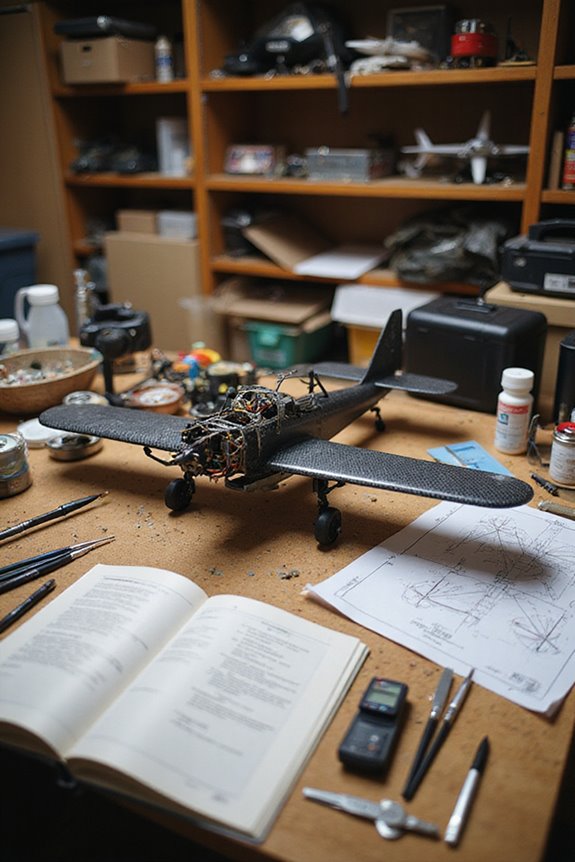
Preparing for competition can feel like gearing up for a big game, especially when we’re aware our hard work is about to pay off. First up, we need solid research strategies. Knowing the competition and finding out what makes us unique is key.
Next, let’s explore skill assessments—this is our chance to fine-tune our abilities. What do we excel at? What needs work?
Don’t forget to grasp the market and customer preferences; they’ll be our loyal fans! Adapting to cultural differences can turn us from the underdogs into the champions.
Lastly, we should be ready to adjust on the fly. Think of it as a game where we pivot our strategy based on how the match unfolds. Bring it on!
Logistics and Travel
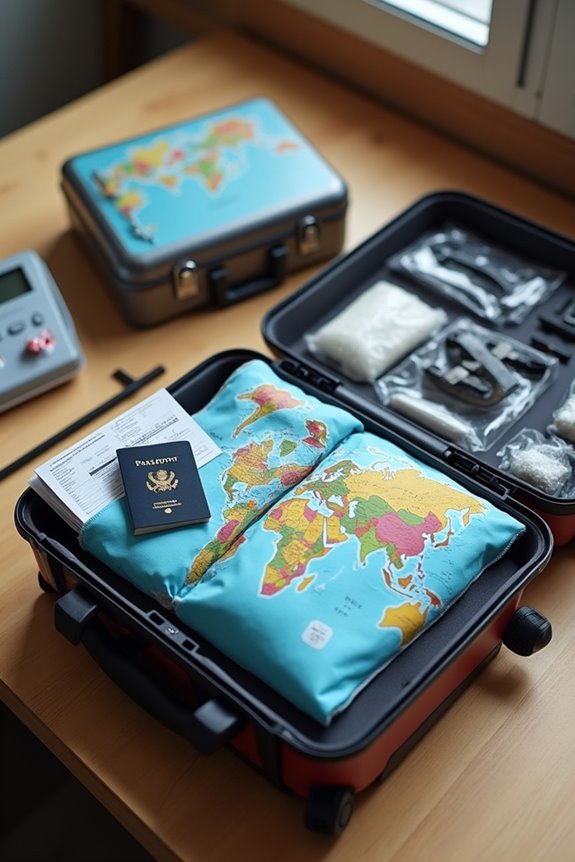
When we explore the logistics and travel aspects of competing internationally, a little planning goes a long way. First, let’s nail down our travel coordination. Booking flights and accommodations early locks in better rates and avoids last-minute chaos.
We must also pay attention to customs regulations. Engaging a customs broker helps us navigate import restrictions on our gear, keeping surprises at bay. Always factor in buffer times for possible delays—trust us, weather and customs can be unpredictable!
Assigning a dedicated travel coordinator can simplify everything. This person manages bookings and keeps track of everyone’s paperwork. And, hey, always verify local transport options. We want smooth sailing, not a mad dash through crowded airports! Let’s keep our focus on the competition ahead!
Competition Day Conduct and Ethics
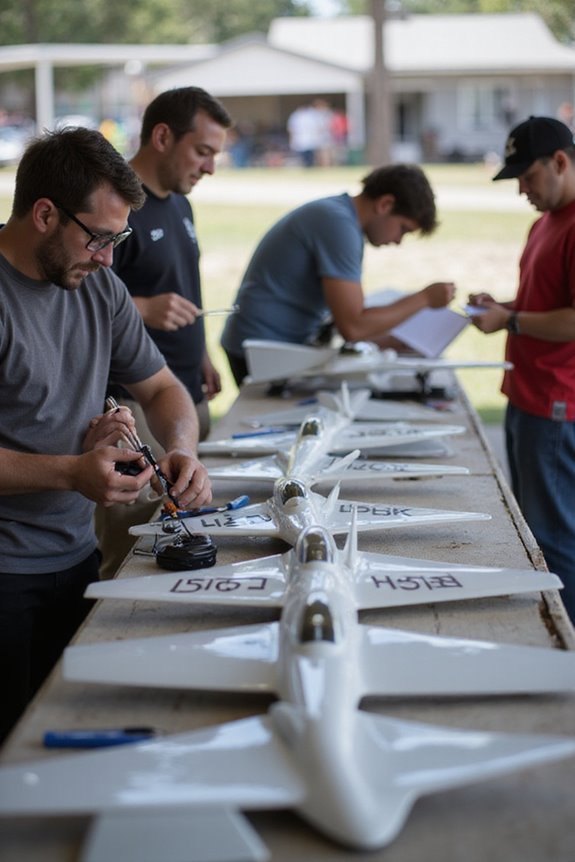
While we might feel the excitement bubbling on competition day, it’s essential to remember that how we conduct ourselves can set the tone for the event. Following competition etiquette is important; we’re representing not just ourselves, but our countries too.
Let’s embrace those sportsmanship principles! Accept judges’ decisions gracefully—no throwing tantrums like a toddler denied candy. Maintaining a professional demeanor is essential: no offensive or disruptive behavior allowed. We should also avoid anything resembling a comedy show when it comes to venue rules.
And remember, any form of racism or harassment? A big no-no! It can lead to serious penalties and ruin our chance to shine. Let’s keep it fair and fun, proving we’re true ambassadors of our sport!
Post-Competition Procedures
We’ve just wrapped up an exciting competition day, and now it’s time to reflect and regroup. First up, let’s hold a debriefing session within 24 to 72 hours. This keeps our insights fresh! We should encourage each other to take detailed notes, especially about quirky challenges faced in international settings.
Using an agenda with open-ended questions helps us dive deep into our experiences. We’ll gather feedback from participants through surveys—think about travel logistics and cultural interactions here.
Lastly, we’ll need to analyze all this feedback. This isn’t just about checks and balances; it’s about evolving our future competitions. With these insights, we can guarantee our next event is not only better but also more enjoyable for everyone involved!
Memorization and Repertoire Rules
Participating in international memory competitions is both thrilling and challenging, especially when it comes to memorization and repertoire rules. We need to master various memorization techniques to tackle the ten official disciplines. From names and faces to random cards, we’ve got to strategize our repertoire carefully.
Memorization windows can range from 5 minutes to 60 minutes, depending on the format. So, if we’re racing against the clock in speed events, we must be on our game. Remember, accuracy is key—one slip-up can cost us big! To ace these competitions, we submit our decks beforehand, ensuring they meet strict standards. Think of it as preparing an equally balanced meal; every ingredient matters! Let’s get memorizing, folks!
Networking and Future Opportunities
Networking can be a game changer for our future opportunities, especially when we’re looking to excel in international competitions. By implementing smart networking strategies, we can tap into incredible resources, knowledge, and potential collaborators. It’s like fishing in a sea filled with opportunities—sometimes we just need the right bait!
Statistics show that 66% of people find new customers at networking events. Plus, 85% of job openings get filled through networking. Whether online or face-to-face, building connections can lead to future collaborations we never saw coming. With platforms like LinkedIn, we can even grow our professional reputation, making us more appealing to recruiters. Let’s work together, share insights, and watch as new doors swing wide open!
Financial Considerations and Budgeting
When it comes to tackling international competitions, financial considerations can often feel like a complex puzzle. We need a solid budget breakdown, including registration fees, travel, accommodation, and meals. Don’t forget that pesky 10-15% for those unexpected expenses!
We should explore various funding options, like scholarships or crowdfunding. Booking flights early can save us money, and sharing accommodations can lighten our load. If we prepare meals instead of dining out, our wallets will thank us.
However, let’s keep an eye on currency exchange rates and remember to snag any early bird discounts. By planning ahead and keeping organized, we can avoid last-minute financial stress. With a bit of finesse, we’re set to conquer the financial side of these competitions!
Frequently Asked Questions
What Types of Competitions Are Available Internationally?
There’re diverse international competitions we can explore, from multi-sport events like the Olympics to artistic contests and science fairs. Each offers unique opportunities for us to showcase our talents and collaborate globally.
How Can I Find Competitions Suitable for My Skill Level?
“One can’t judge a book by its cover.” To find competitions suitable for our skill level, we should conduct thorough skill assessments and explore competition directories that align our expertise with available opportunities.
Are There Age Limits for International Participation?
When considering age restrictions, we see that they vary across sports. Some competitions have youth categories, accommodating younger athletes, while others enforce stricter limits. Understanding these details helps us navigate international opportunities effectively.
Can Team Members Compete Together or Separately?
In team competitions, we can leverage team dynamics effectively by strategizing together. While some events allow us to compete separately in different roles, collaborating as a unit often maximizes our overall performance and impact.
What Languages Are Spoken During International Competitions?
Did you know that over 60 languages are spoken at international competitions? This language diversity often complicates competition communication, but simultaneous interpretation and global outreach help bridge gaps, ensuring everyone can participate effectively and connect across cultures.

